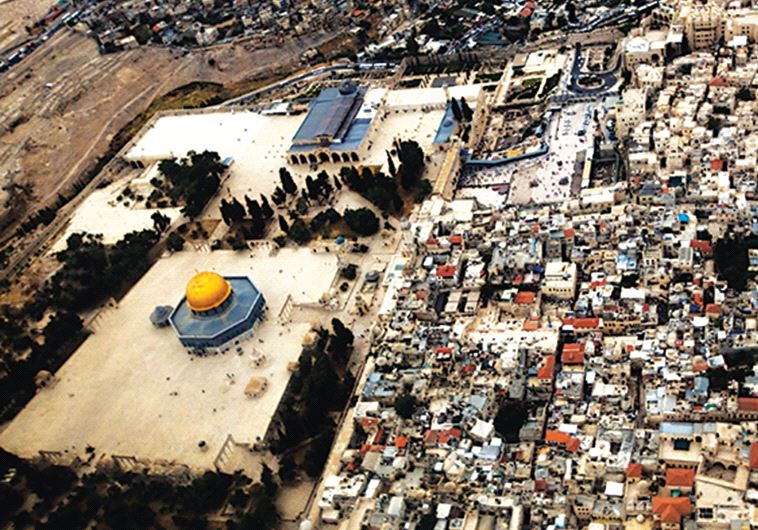Knesset Speaker's personal op-ed: My first encounter with the Kotel
Our history and religion have accorded a special primacy and sanctity to the Temple Mount; nonetheless, there is something special about the Kotel.
 AN AERIAL view of the Old City of Jerusalem.Updated:
AN AERIAL view of the Old City of Jerusalem.Updated: